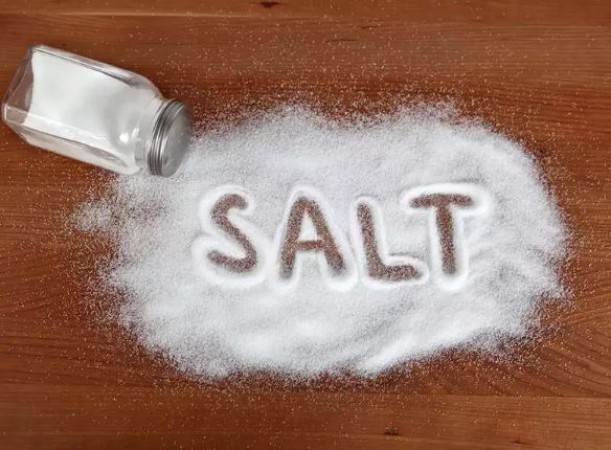
Hypertension, commonly known as high blood pressure, is a leading cause of mortality worldwide. It often exhibits no overt symptoms, earning it the nickname "silent killer." Many affected individuals are unaware of their condition, and even those who are often neglect it. According to the World Health Organization (WHO), in 2019, an estimated 190 million adults in India aged 30 to 79 years suffered from high blood pressure, with only 70 million effectively managing it. The remaining 120 million people live with high blood pressure without taking any preventive measures.
Defining Hypertension:
According to WHO, hypertension is a condition where a person's systolic blood pressure is 140mmHg or higher and/or their diastolic blood pressure is 90 mmHg or higher. This condition can lead to various serious health problems.
Prevalence of Hypertension:
The number of individuals affected by hypertension is rapidly increasing. Globally, the prevalence of hypertension has doubled since 1990, reaching an astounding 1.3 billion cases in 2019. WHO's recent report states, "Hypertension, once considered a common but harmless condition, has become a major public health issue today, leading to several life-threatening diseases such as strokes, heart attacks, heart failure, and kidney problems."
Contributing Factors:
Several factors contribute to the rising risk of hypertension, including excessive salt intake, tobacco use, obesity, alcohol consumption, and a sedentary lifestyle. WHO warns that if physical inactivity persists, the global burden of hypertension could lead to approximately 240 million new cases by 2020-2023, imposing a significant economic burden on healthcare systems worldwide, exceeding 11.5 trillion dollars.
The Menace of Excessive Salt Consumption:
Excessive salt consumption is a significant contributor to hypertension and is the most easily modifiable risk factor. WHO recommends daily salt intake to be limited to 5 grams or less, which can help prevent high blood pressure and heart-related ailments. Currently, the average daily salt intake in India is around 10 grams, significantly higher than the recommended limit.
Impact on Mortality:
In 2019, hypertension contributed to around 2 million deaths globally. High blood pressure is a leading factor in heart diseases, responsible for 29% of all deaths in India in 2019. This category of diseases claimed approximately 1.2 million lives, or 13% of all deaths in the country. Raising awareness about heart diseases and prevention has led to the observance of World Heart Day on September 29th every year.
Preventive Measures:
To combat the rising threat of hypertension, individuals and societies need to take proactive measures. Promoting a healthy lifestyle that includes a balanced diet, regular physical activity, and reduced salt intake can significantly reduce the risk of high blood pressure. Furthermore, smoking cessation and alcohol moderation are essential steps in preventing hypertension and related health issues.
Hypertension is indeed a silent killer on the rise, with its prevalence steadily increasing. This condition is a significant contributor to various life-threatening diseases, posing a substantial burden on healthcare systems worldwide. The need of the hour is heightened awareness and proactive efforts to combat hypertension through lifestyle modifications and healthy choices. By adhering to WHO's recommendations and addressing the risk factors associated with high blood pressure, we can make significant strides towards reducing the global burden of this silent but deadly ailment.
Know The Perks and Pitfalls of Your Daily Brew: Coffee's Impact on Health
How to Prevent and Overcome Frigidity in Women Over 40
How to Achieve Glowing Skin in Winter: Effective Dry Skin Remedies